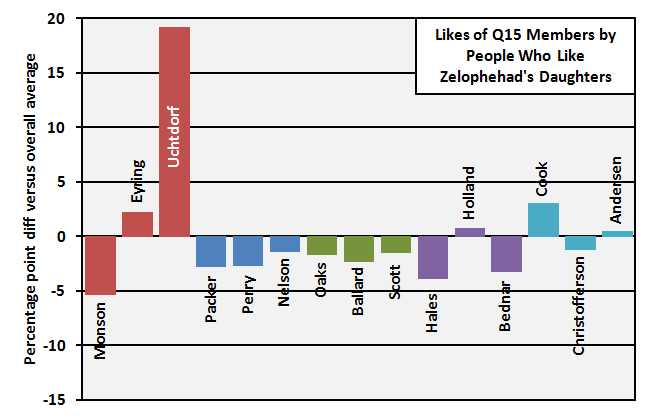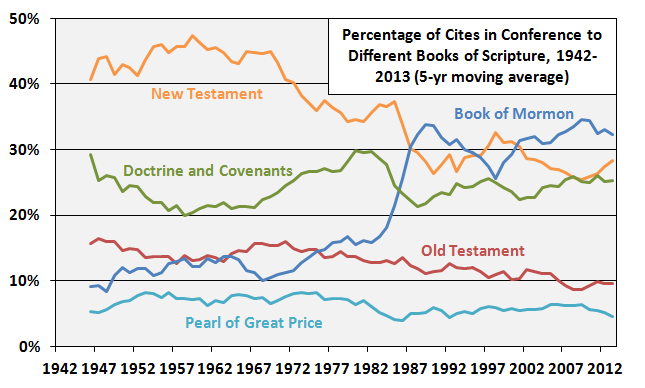I’m a rare presence around these here parts. But I guess I’ve been thinking a lot about something particular for a few months now–enough that I thought perhaps I could write something little (and by little I mean personal and rambling) about it.
The thing is that, well, I’m a person with some pretty solid beliefs and standards, but I’m not a fighter. And I never have been a fighter. Mostly, I just want to live a quiet, peaceful, content life away from fights of any kind if I can help it.
So, if someone comes at me wanting a fight, I’ll probably panic a bit, shake a little, attempt a response, most likely do some kind of cry session at some point, but ultimately, I will simply walk away and do everything in my power to never encounter that person or thing or place again.
I’ve rarely witnessed a fight where one or both parties actually changed their minds or apologized so, sometimes I just think, “Why?” Why do that and feel like crap when I could be talking with nice people or making a pie or kayaking or giving a hug or…practically anything else?
I know, I know. You want to tell me things like, “Some things are worth fighting for!” and “If you don’t fight for x, then who will?” or “We need people like you in the church!” or “Stay. Stay and make change happen.”
But…you see…I can’t make change happen. I thought, once upon a time, that I might, that I could. But, no. Maybe someone else can…. But not me. And the only thing that my tiny, microscopic attempts have gotten me…are fights. Fights and judgement and anger and vitriol and self-righteousness and denials and a more intense, deep, visceral pain than I have ever known in my life.
And what is the point of wasting so much precious time in my short, small life… on that?
This is the voice of the silent ones who leave. The ones who don’t want to tell anyone else that they know better (we don’t claim to, really)… But, from their side, see a disintegrating community with no options. With no one listening. With no one even caring. And still…we don’t want to make anyone feel too bad about it. We can’t assume we know what other people need, after all.
We just don’t want a fight. We just want to live a couple Sundays (or all the rest of our Sundays) without getting slapped across the face.
And we disappear. So many of us are disappearing. And do you even notice? Do you? I’m not really sure, but maybe it doesn’t matter to us anymore. And sometimes that makes us sad. Because we miss our old sense of belonging to a community that once existed in our hopes. But we’ve discovered, miraculously, that when we walked away, we didn’t have to fight anymore.
And it was okay. And joyful. And right.
Because there’s no time for meanness and fighting. Not in our short, small, beautiful lives. No time at all.

